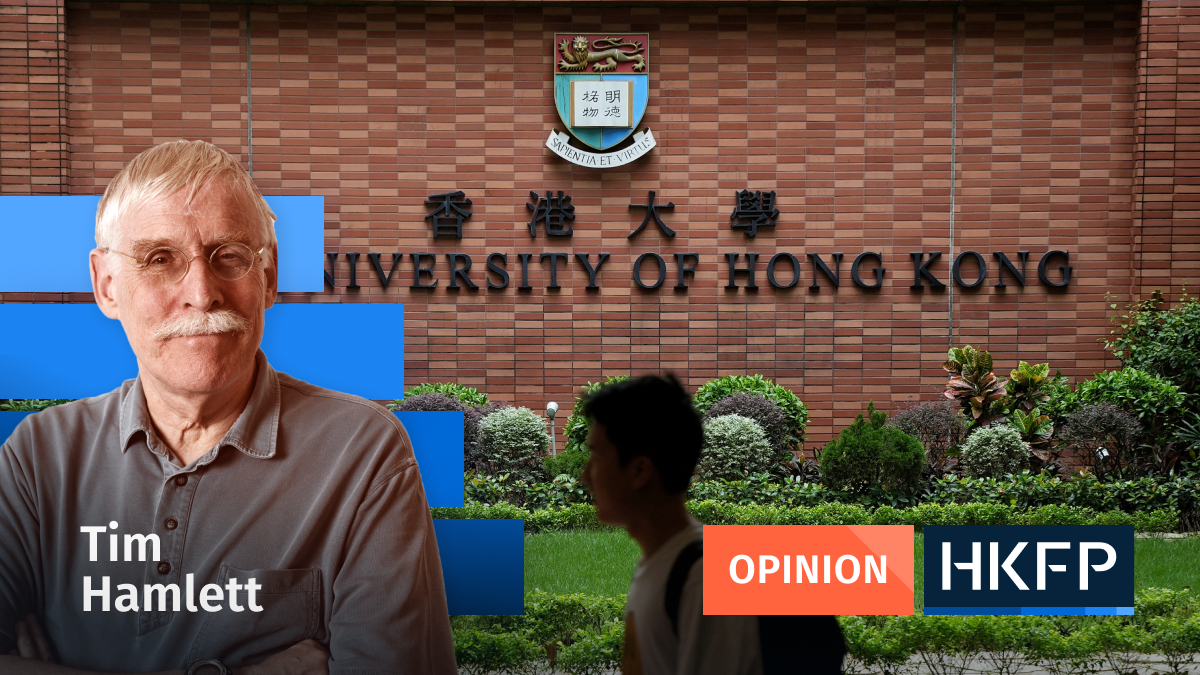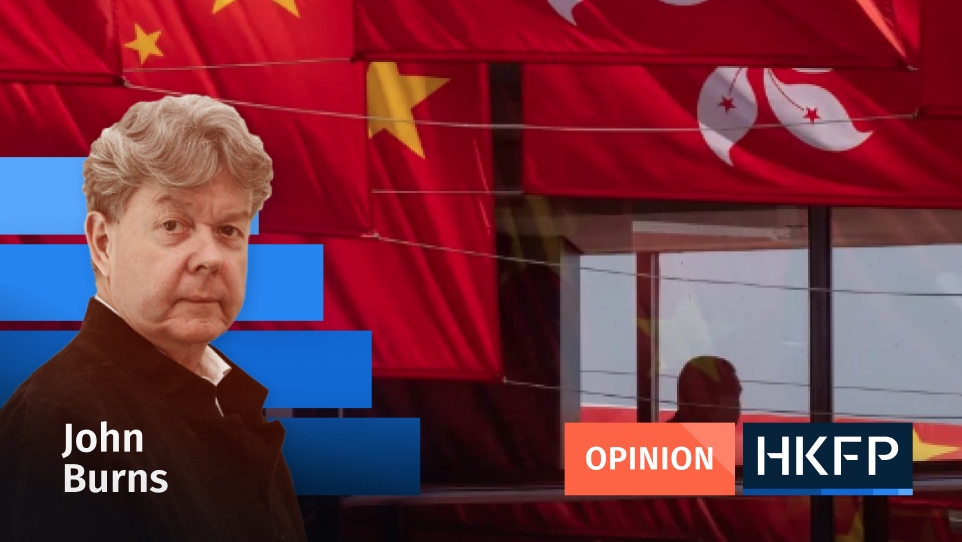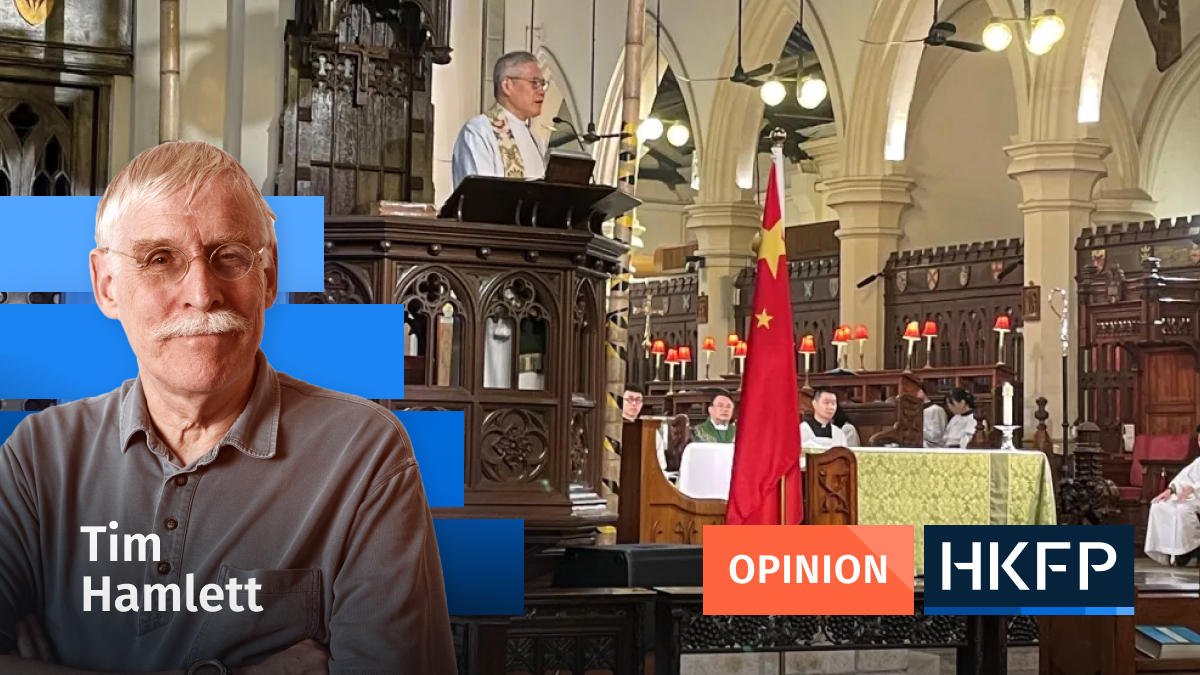Hong Kong’s aged citizens, of whom I am one, enjoy two unusual benefits, which partially at least compensate us for the absence of a meaningful system of pensions.
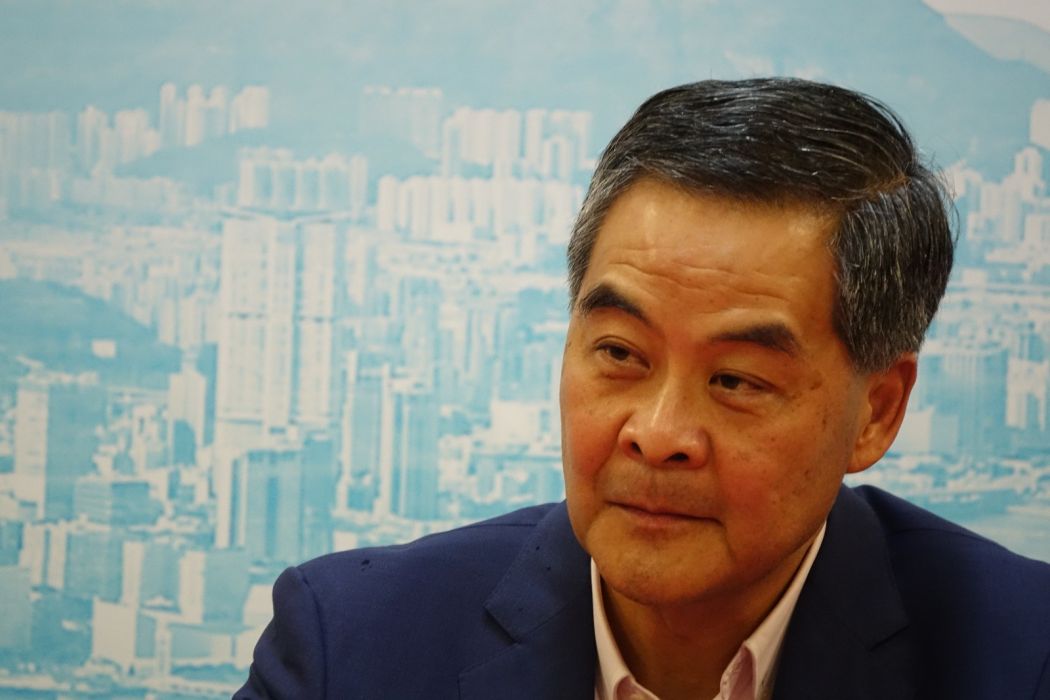
The less controversial one we owe to Mr Leung Chun-ying, who rarely gets a kind word from me but credit must be given. He had the idea that old people were greatly hampered in their movements by the proliferation of pedestrian bridges and walkways, all of which required us to climb a flight of stairs to gain access.
So a rolling programme has been in progress since Mr Leung’s term of office to provide a lift in every spot where a senile pedestrian might otherwise be faced with a flight of stairs.
This is not controversial with the SAR’s financial planners because it is not a fixed recurring item of expenditure. In times of austerity it can be slowed or even suspended. Indeed it has tended to proceed quite slowly. Any self-respecting Victorian engineer would have built a major terminus in the time it took to put a lift on the north side of Sha Tin station.

The other more tricky item came in so early in Mr Leung’s term that I suppose we must give at least some of the credit to another former chief executive whose praises I rarely sing: Mr Donald Tsang. This allows us dinosaurs to travel on buses and trains at a flat rate of HK$2 a trip.
This is the sort of thing which gives our financial planners nightmares, because once granted it is difficult to withdraw, and the cost is much influenced by factors outside their control.
The spectre which haunts Hong Kong’s budgets is that one day there will be a massive submarine eruption and Hong Kong Island will suddenly triple in size, making land virtually worthless and cutting the government’s income from land auctions to a minus number, with developers seeking to be paid to build on the copious quantities of land available.
This has always seemed to me rather unlikely. After all, a great bonanza threatened when the old airport closed in 1998, liberating a huge area of land already reclaimed and smoothed for aviation purposes. Somehow this was wrapped in red tape with such effectiveness that it has trickled out over the ensuing quarter century, and some of it is still being auctioned now.

The HK$2 a trip concession is a great boon, allowing old people to get out and about without worrying too much about the effect on even the flimsiest finances. Unfortunately, this led Ms Carrie Lam into greatly expanding it in 2021, when the government needed a popularity boost.
The initial scheme only kicked in when you hit 65 years of age and covered only the MTR, buses and green minibuses. Ms Lam not only extended it to other forms of public transport but lowered the qualifying age to 60.
I must say that even those of my friends who are in the 60-65 bracket find the lowering of the age limit welcome, but a bit odd. After all, most of us do not retire until 65, and people with meaningful or rewarding jobs often go on to 70. Many people these days live longer and healthier lives than they did when 65 became the conventional European retirement age 150 years ago.

Anyway whatever the merits of this arrangement, it is beginning to look expensive. It is expected to cost more than HK$3 billion this year, rising over the next decade to HK$8.6 billion. It may well be that there are more focussed ways of helping the elderly poor which would be a better use for this money. It may also be, of course, that the figure for a decade away is hopelessly wrong. You cannot feel confident in 10-year predictions from a government which usually gets its one-year predictions wrong.
Still there are certainly some problems with the scheme. One is that at the moment (this is being changed with the introduction of a card with a picture of the holder on it) anyone can carry and use an aged Octopus card. There are in fact three times as many aged Octopuses in existence as there are aged people, which looks a bit suspicious. The MTR is the only transport means which still has people with no driving duties who check tickets occasionally, and it catches the vast majority of the 4,000 or so cases a year in which people are found using the wrong card.
A more subtle problem is found on the buses, where there is no control over passengers leaving, so everyone pays the fare to the end of the line. Passengers who are paying the real fare are consequently deterred from getting on a long-distance bus for a short trip.
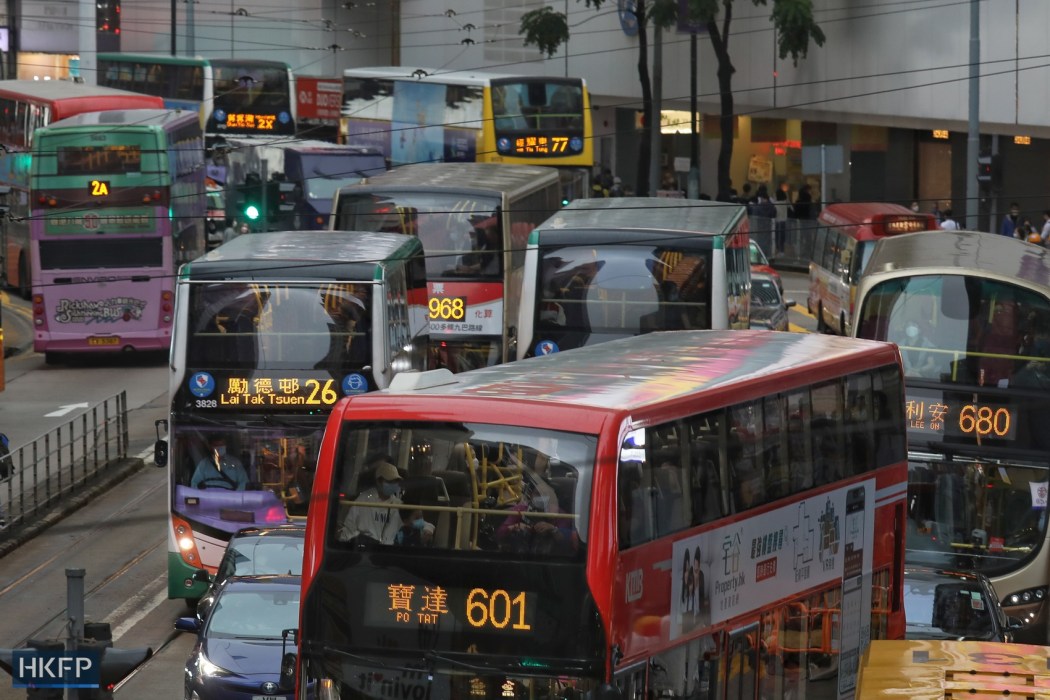
If your fare is fixed at HK$2 on the other hand, the easiest way of – for example – getting a bus from Wan Chai to Causeway Bay is to get on one bound for Chai Wan and get off at the next stop. The fare for the full trip is about HK$14, so the bus company will collect HK$12 from the government, which is nice for the bus company but a bit of a waste from the government’s point of view. I am not sure how widespread this sort of thing is, but there are certainly some people doing it, including (in emergencies) me.
A brutally simple solution would be to cancel all Ms Lam’s changes, but we cannot do that because it would be an admission of error on a large scale. A pleasantly non-committal one would be to wait and see whether the introduction of the more secure card – which rejoices in the lovely name of JoyYou – produces a reduction in the number of HK$2 trips, as the users of anonymous and fraudulent Octopuses drop out of the system.
But sooner or later I suppose we shall see the HK$2 trip changed to a HK$3 trip. This can be put down to inflation and blamed on the Americans, like everything else.
Support HKFP | Policies & Ethics | Error/typo? | Contact Us | Newsletter | Transparency & Annual Report | Apps
| HKFP is an impartial platform & does not necessarily share the views of opinion writers or advertisers. HKFP presents a diversity of views & regularly invites figures across the political spectrum to write for us. Press freedom is guaranteed under the Basic Law, security law, Bill of Rights and Chinese constitution. Opinion pieces aim to point out errors or defects in the government, law or policies, or aim to suggest ideas or alterations via legal means without an intention of hatred, discontent or hostility against the authorities or other communities. |
Help safeguard press freedom & keep HKFP free for all readers by supporting our team

More HKFP OPINION:
HKFP has an impartial stance, transparent funding, and balanced coverage guided by an Ethics Code and Corrections Policy.
Support press freedom & help us surpass 1,000 monthly Patrons: 100% independent, governed by an ethics code & not-for-profit.



